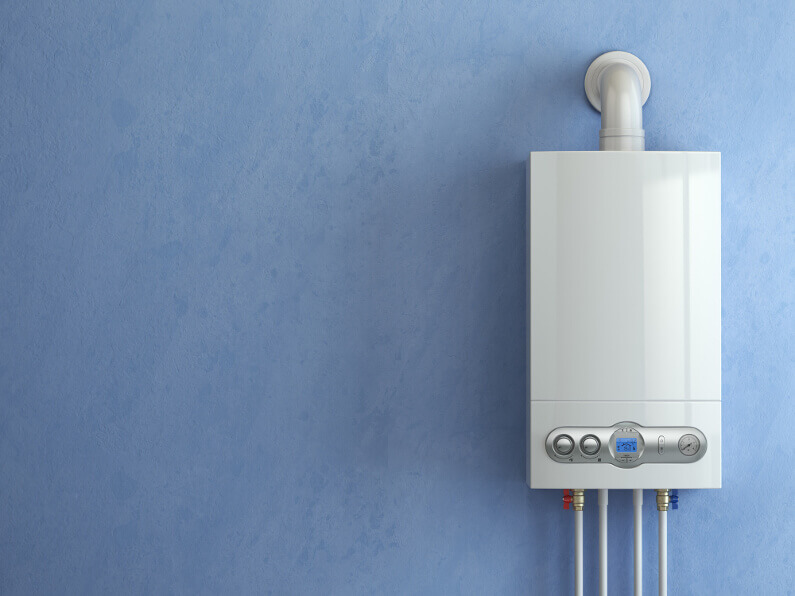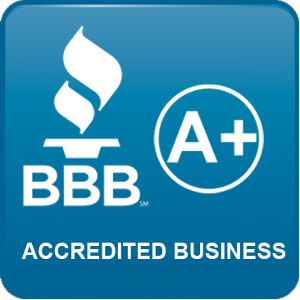Is there anything more relaxing than taking a nice, long soak in the tub. There is something so nice about a hot shower that leaves you feeling so fresh and so clean.
However, most of us rarely take the time to think about just how we get that hot water we love so much. We kind of just assume that we turn the switch to ‘hot’ and it comes out that way.
There are actually several types of water heaters that can find in most homes. Read ahead to learn more different water heater options on the market.
Choosing The Best Water Heater
For many people, water heater options are not something that crosses their minds all that much.
However, this becomes a big issue if you’re building or renovating a house. It can become an even bigger issue if the one you have and depend on breaks down. Which is why it’s helpful to understand your options before you are in need of a water heater replacement.
You will need to consider how much physical space you have for a heater and how much it will be used. Of course, you need to consider the budget and other factors such as the current heating system in the house, if applicable.
The Different Types of Water Heaters
There are several ways to classify water heaters. They came in a variety of sizes as well.
Here are the most popular water heater styles. If you aren’t sure what kind of system you have or have other questions be sure to contact a plumbing expert.
Conventional Tank Heaters
These are the basic types of water heaters that you will find in most North American homes. Generally, they have a cylindrical shape.
These tanks are filled with up to eighty gallons of hot water ready to go whenever it is needed. The water that is used is immediately replaced by cold water that enters through the bottom of the tank.
Many consider these to be the best type of heater out sheer simplicity and low price. However, they can waste electricity when not in use.
Pump Water Heaters
Also known as hybrid electric water heaters, the heat pump uses about 60% less energy than a traditional model.
Heat is taken directly from the surrounding hot air and transferred to the coils that heat the water.
Integrated Tankless Coil Heaters
These have an advantage over conventional heaters because they are much smaller and do not produce stand by heat loss.
Tankless Water Heaters take advantage of the heating system your house already has. This system uses a heating coil to warm as the water as it passes.
Tankless coil heaters might be highly efficient in Winter or in places that are cold year-round. Their purpose is lost in warm areas because these houses will not have heating systems in use.
On-Demand Water Heater
These are the relative newcomers in the world of water heaters. Whereas conventional models constantly heat water in a large tank, these only heat the water when you need it.
This is accomplished through the action of multiple powerful coils that heat the water nearly instantaneously.
Since the water is continuously being heated, you don’t have to worry about running out of hot water. However, you do need to make sure you get a heater that is strong enough to handle the needs of your household members.
Pros and Cons
On-demand water heaters are the future. They take up less space and require less maintenance than traditional heaters but they tend to be more expensive.
Another thing to consider is that some older houses may require expensive upgrades before this can be added. This might be better suited to new building projects.
Condensing Water Heaters
This type of water heater works similarly to the traditional tanks but they use the hot gas that would normally be expelled through the flue.
The heat is transferred to the water in the tank via coils. Most condensing water heater tanks in North America can hold about 55 gallons of water.
This works best with houses that use natural gas for heating.
Water Heater By Fuel Type
All of the water heater types require some type of energy source that can transfer heat to the water.
Electrical water heater types are the most common but there are several other options available. The best choice for your projects depends on several things, such as location, budget, and needs.
Electricity
This is by far the most commonly used fuel source due to availability, price, Eco-friendliness.
Most technicians are going to be more familiar with electrical heaters so maintenance will generally be easier to handle.
Fuel Oil
In some places in the United States, you can find fuel-powered water heaters. Although they are very effective in powering most heaters, they can be a little pricey to keep refilling.
Oftentimes, systems that rely on fuel oils might be a little outdated. Switching to a newer style of water heater might require you to install some upgrades.
Solar
Solar-powered everything is ideal because it is a virtually unlimited and renewable energy source. Generally, these are installed on the for convenience and to ensure they get the most sunlight.
It isn’t all peachy in the world of solar power, however. At least, not yet. They are still quite expensive to install and can be inefficient during periods of extended poor weather.
Natural Gas and Propane
Natural gases such as methane and propane are used in some places in the United States as a fuel source for houses. Oftentimes, natural gas is more popular in rural areas than liquefied petroleum gas.
Hooking Up the Heat
Oh, the things we do for our families! Jokes aside, hot water is an absolute necessity that we shouldn’t take for granted.
At a glance, that big metal cylinder in your basement with all the tubes coming in and out can be a bit intimidating. But once you understand the basics on the different types of water heaters, you’ll feel right at home when you need to deal with one.
Check out the blog for more articles on plumbing and draining.










